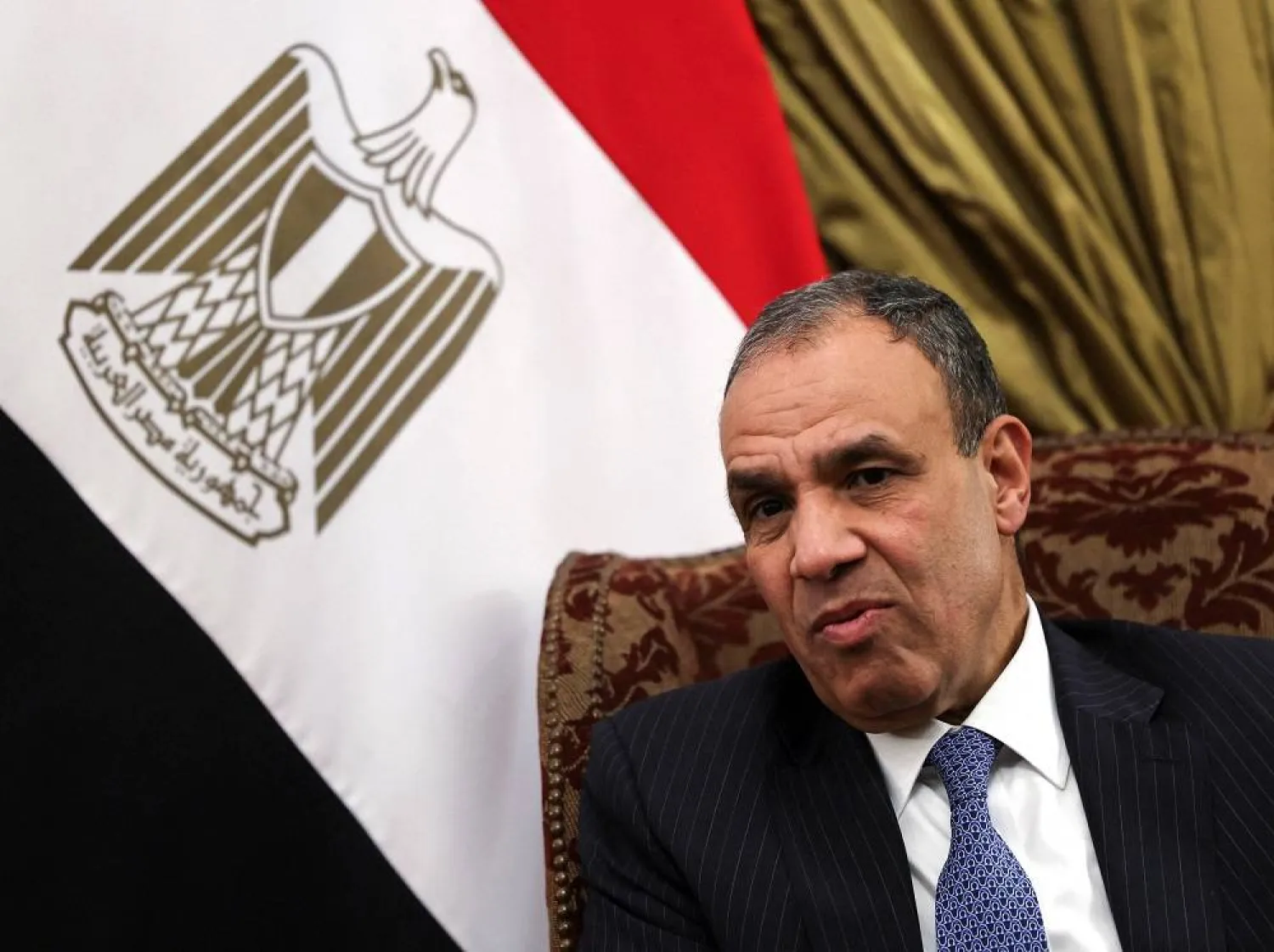Arab foreign ministers held on Monday a preparatory meeting in Cairo to finalize an “Arab plan” for Gaza’s reconstruction without displacing its Palestinian population.
The plan for Gaza, drawn up by Egypt, would be presented to Arab leaders at Tuesday's extraordinary Arab League summit as a counter to US President Donald Trump’s plan to “take over” the Gaza Strip and turn it into the “Riviera of the Middle East,” while forcing its Palestinian residents to relocate to Egypt and Jordan.
Arab foreign ministers met behind closed doors in Cairo ahead of the extraordinary Arab League summit, which is expected to come out with one Arab position against the displacement of Palestinians, while adopting a plan for the reconstruction of the Gaza Strip.
Egypt’s plan would sideline Hamas and replace it with interim bodies controlled by Arab, Muslim and Western states, according to a draft seen by Reuters.
The Egyptian vision for Gaza does not specify whether the proposal would be implemented before or after any permanent peace deal to end the war triggered by the Oct. 7, 2023 attacks.
Cairo's plan does not tackle critical issues such as who will foot the bill for Gaza's reconstruction or outline any specific details around how Gaza would be governed, nor how an armed group as powerful as Hamas would be pushed aside.
Under the Egyptian plan, a Governance Assistance Mission would replace the Hamas-run government in Gaza for an unspecified interim period and would be responsible for humanitarian aid and for kick-starting reconstruction of the enclave, which has been devastated by the war.
Last Saturday, Egyptian Minister of Foreign Affairs Badr Abdelatty said his country will train the Palestinian Police forces to be deployed in Gaza as part of the reconstruction plan.
Furthermore, Abdelatty highlighted Egypt's alignment with the Palestinian Authority on security and governance arrangements in Gaza.
Bilateral meetings
Abdelatty held bilateral meetings with a number of his Arab counterparts ahead of the Cairo summit.
He discussed with Palestinian Foreign Minister Mohammad Mustafa preparations for the summit, which will tackle the rebuilding of the Gaza Strip, efforts to consolidate the ceasefire agreement and underscoring the resolute Arab stance towards the Palestinian issue.
Abdelatty also met with his Jordanian counterpart Ayman Safadi.
They categorically rejected the displacement of Palestinians from their homeland and stressed the importance of regional and international solidarity to ensure the implementation of all stages of the ceasefire agreement in Gaza as a first step towards setting a clear political path aimed at reaching a radical and final settlement to the Palestinian-Israeli conflict, based on the two-state solution and the establishment of a Palestinian state according to relevant international agreements and resolutions.
He also held separate meetings with Iraqi Foreign Minister Fuad Hussein, Yemeni FM Shaya Zindani, Tunisian FM Mohamed Ali Nafti and Mauritanian FM Mohamed Salem Ould Merzoug.
Syrian Foreign Minister Asaad al-Shibani arrived in Cairo on Monday to participate in the ministerial-level preparatory session.
Algeria and Tunisia’s presidents will not take part in the summit. Instead, the two countries will be represented by their foreign ministers.









